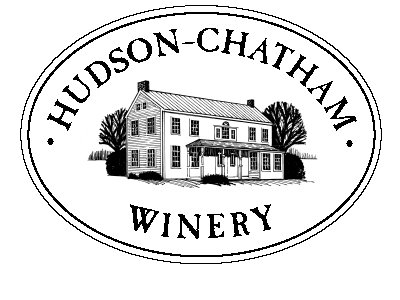
Hartford Courant
Robert Lamothe had serious doubts about the sap business going into the 2008 maple-sugaring season.So serious that he considered pulling his 4,500 taps out of maple trees in Burlington, Harwinton and New Hartford. Lamothe ultimately decided not to pull the taps, and he, along with other maple sugarers, helped Connecticut to one of its best maple-sugaring seasons on record."The year before was one of the worst," said Lamothe, whose family runs Lamothe's Sugar House in Burlington. "With utility and fuel costs going the way they were going, if there were two difficult seasons in a row? Forget about it. And, man, what a year we had. You couldn't ask for a more textbook sugaring season."
According to the New England Agricultural Statistics of Concord, N.H., Connecticut produced 15,000 gallons of maple syrup, the highest production since tracking started in 1992. The 2008 season began Jan. 6 and ended April 28. Last year, the state produced 8,000 gallons of syrup; nationwide, more than 1.64 million gallons were produced.
Richard Norman, who runs Norman's Sugarhouse in Woodstock, said that with 1,000 taps spread throughout town, this year nearly matched 1987-88 in terms of production. Norman said the best sap-flowing weather is when temperatures go below freezing at night with the next day sunny with temperatures in the 40s."It was quite a bit above average," Norman said of his season. "We are a little cooler here and some go out earlier than we do. We caught up quickly when we got out there. The sap was much sweeter. ... I don't like saying there's a bad year. There's never a bad year. The sap always flows.
"The only New England state that saw its production slip was Maine, which dropped from 225,000 gallons in 2007 to 215,000 gallons in 2008. As usual, the No. 1 syrup producing state was Vermont with 500,000 gallons, an increase of 11 percent and 31 percent of the nation's output.
For those used to that fake stuff — Aunt Jemima or Mrs. Butterworth's — on top of their pancakes or waffles, here's a quick lesson in maple syrupology. The sap of maple trees is as clear as water and is slightly sweet. The trees produce starch, which is stored in their roots.When temperatures begin to warm as winter changes to spring, the starch turns to sugar and circulates through the tree. Taps or spouts are drilled into the tree to release the sap, so that it flows into buckets or tubing strung between trees. The sap is boiled creating the syrup. After boiling 30-40 gallons of sap, a gallon of syrup is created. By the way, Connecticut has approximately 62,000 taps. Vermont? 2.25 million.The statistics collected also include the sugar content of the sap. The higher the sugar content the easier it is to create the sap. On average, about 39 gallons of sap were required to produce one gallon of syrup in the 2008 season. In 2007 it took 45 gallons.
Although it was a great season, maple sugarers struggled with increases in production costs. Lamothe said the price of plastic containers in which the syrup is sold went up 25 percent, utilities and costs to fire an evaporator with oil both doubled. He added the diesel fuel to operate a truck to collect sap daily was "also a killer." In 2007, the average price per gallon in Connecticut was $53.90 — the highest in the nation.
"We have loyal customers, so it's hard to pass on price increases," he said. "But you have to decide to go up or get out. Everything has gone up and the overall economy is going to have an impact."
In the report, maple sugar harvesters are asked for their comments on the recent season. And a sugarer from Fairfield County probably summed up the 2008 maple sugaring season for everyone.
"Best season in recent memory," the sugarer wrote. "The sap flowed from start to finish. We ran out of wood, jugs and ambition, so we pulled out taps."
Column ideas and suggestions are welcome. Peter Marteka can be reached by phone at 860-647-5362; by mail at The Courant, 200 Adams St., Manchester, CT 06040; and by e-mail at pmarteka@courant.com.

No comments:
Post a Comment